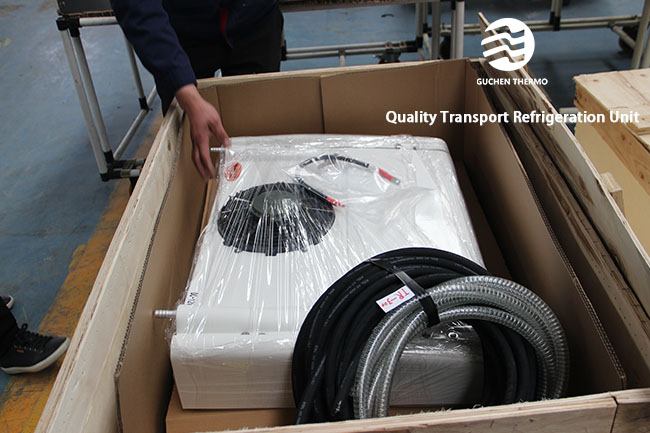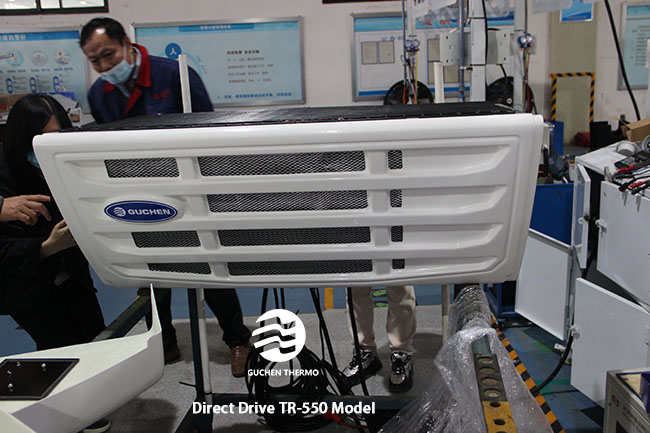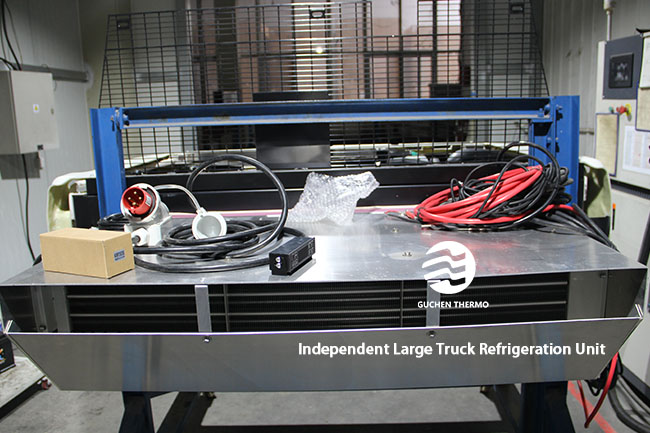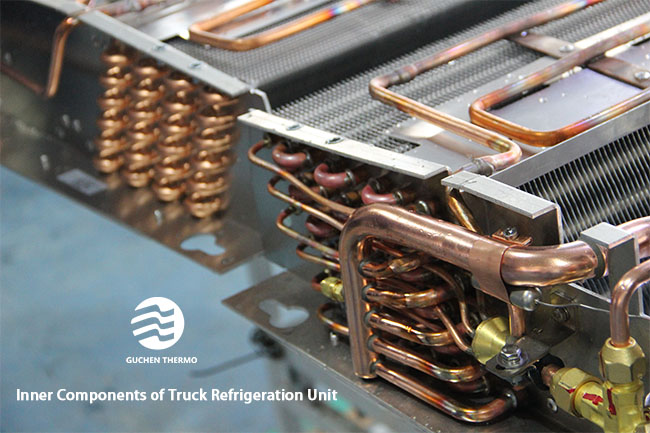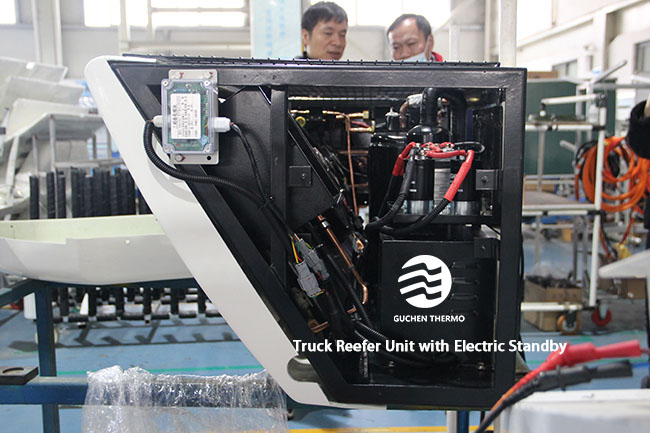Refrigeration units are a vital part of any trucking business. They allow businesses to keep their perishables fresh and safe during transport. There are many
different types of truck refrigeration units available on the market today that can be customized to meet your specific needs. However, these units can be quite costly, so it's important to understand the main factors that will affect the price of a truck refrigeration unit. Some of these factors include the size, quality, and type of cooling system. Your budget will also play a major role in the overall price you pay for your truck refrigeration unit.
Quality
The quality of the refrigeration unit will affect its price. If you want a cheap price, then you should choose the low-quality products.
On the other hand, if you want to get high-quality TRUs at an affordable price then you should buy from a reputable supplier only. A higher-quality unit can last longer and provide better performance over time.
If you don’t have any idea about these things then it is better to ask experts before making any decision in this regard.
In addition to this, there are many other factors that will affect the cost of truck refrigeration units such as:
Size
The size of the unit is one of the most important, as refrigeration systems with different sizes will differ in prices. It will determine how much space you have to work with and keep your goods cold.
If you’re looking to buy a truck refrigeration unit, there are a few things you need to consider before making your final decision. One of these is the size of the refrigeration unit itself. There are three sizes available: small, medium and large.
Taking Guchen Units for example, the small models include C-200T (van chiller), C-200 (truck chiller), TR-200 (truck freezer). Large models include
vehicle engine driven TR-550 unit, TS-1000 (independent unit), and TS-1200 (independent truck refrigeration unit) etc.
As you can probably guess from their names, each of these will be more expensive than the last; however, it’s important that you choose one that will suit your needs and provide enough cooling performance for all of your goods!
If you plan on transporting food items over short distances (between 10 and 100 kilometers), then
buying a small truck refrigeration system could be ideal as they tend to be cheaper than larger models while still providing right and ideal temperature for proper storage of products like meat or dairy items. Generally speaking, small to medium sized reefer units are less expensive overall than large size ones.
Large size truck refrigeration unit is best for long-distance refrigerated transportation. If you travel farther away from home base during regular work hours, small units will not be powerful enough for large truck refrigeration, so
large diesel engine powered refrigeration systems are considered instead. They cost about twice as much money upfront, and require regular maintenance due to long work hours and frequent wear & tear on the road.
Temperature Control Technology
The temperature control technology of a refrigeration unit is an important factor that affects the price.
In general, there are two types of truck refrigeration units: chiller unit and freezer unit.
Chiller unit is best for fresh cargo delivery, with a temperature between -5℃ to +20℃, cheaper. It can be used in cold chain distribution or other industries which need low-temperature storage.
Truck freezer units have a wide temperature range from -25℃ to -25℃. They can be used for both fresh and frozen product storage and transport. More expensive than chiller units.
Source of Power
The source of power will also affect the price of a truck refrigeration unit. An independent truck refrigeration unit is higher in price than non-independent ones, as it has its own engine and can drive the compressor on its own. If you have an independent truck refrigeration unit with diesel engines, then it will be more expensive to maintain but cheaper to run.
Cooling Capacity
Another major factor in determining the price of your truck refrigeration unit is its cooling capacity. The larger the cooling capacity, the more expensive it will be. This is because larger units require a higher level of components and materials to operate correctly, and these components are often very expensive compared to those in smaller units. Additionally, larger trucks require larger cooling systems which take up more space within the cab or underbody of the vehicle.
There's also an issue related to fuel efficiency involved here as well: since bigger TRUs use more fuel per hour than smaller ones do (due to their greater load), you'll generally get better mileage with a smaller unit if all other things are equal between them (i.e., same type).
Other Factors
There are many other factors that can affect the cost of a truck refrigeration unit.
The cost of a new or used refrigeration unit can vary by thousands of dollars depending on what type you decide on (such as diesel engine-powered versus direct driven), where you purchase it from (Direct manufacturers tend to offer lower prices than local dealerships), and whether or not any additional features are included (for example: heating, automatic defrosting,
integrated electric standby,
multi-temperature refrigeration). It may seem daunting at first glance but once you start thinking about all these factors together then making up your mind becomes much easier!
When making your purchase, make sure to consider all of them before making your final decision.

